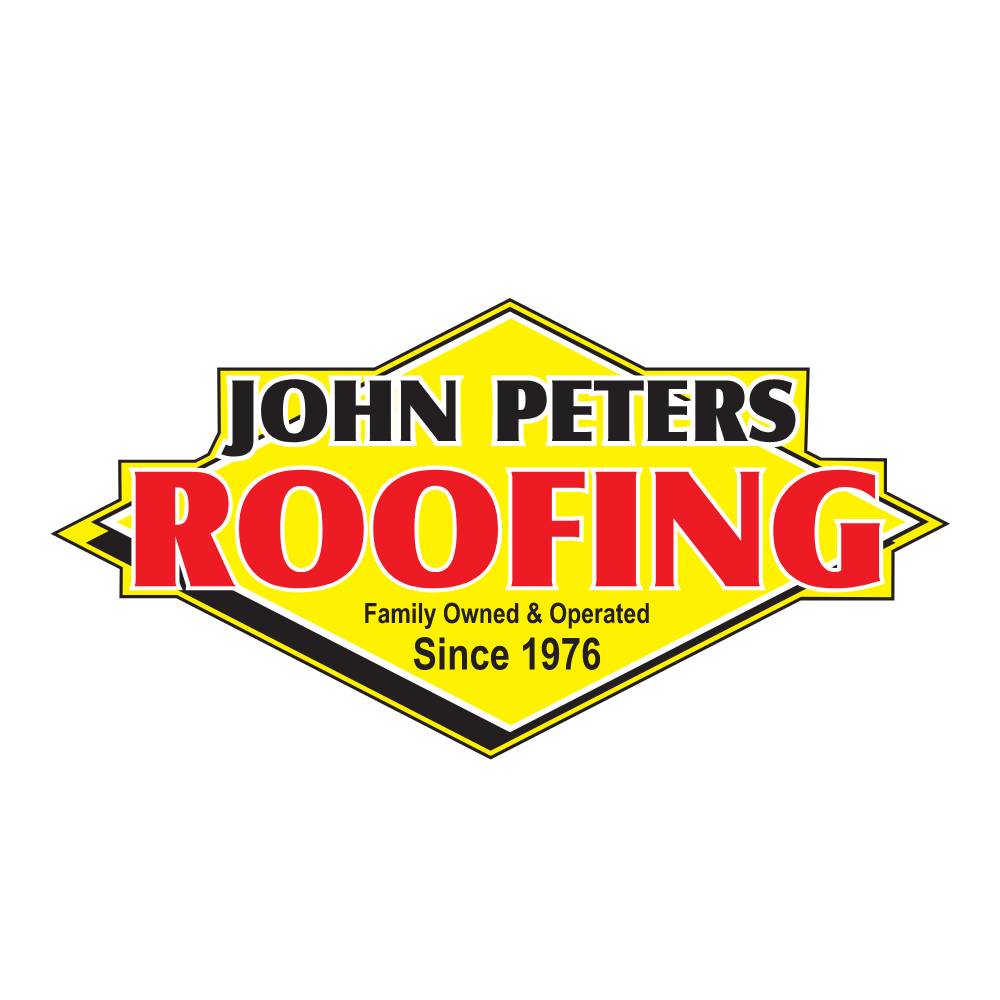When To Replace Your Gutters
Is it time to give your gutters some TLC? Here are some key signs to watch out for to determine if your gutters need repair or replacement
Sagging Gutters: If your gutters are visibly sagging or pulling away from your home, it's a clear sign that they may not be functioning properly.
Cracks and Holes: Check for cracks, holes, or rust on the surface of your gutters. These can lead to leaks and further damage.
Overflowing Water: During a rainstorm, if you notice water overflowing or spilling out of your gutters, it could be due to clogs or improper slope.
Pooling Water: After rain, if you see water pooling near the foundation of your house, it's a warning sign that your gutters may not be diverting water away effectively.
Peeling Paint or Stains: Stains on your home's siding or peeling paint near the gutters can indicate water damage, potentially caused by faulty gutters.
Mold and Mildew: The growth of mold or mildew on or around your gutters may be a sign of constant moisture and poor drainage.
Gutter Separation: If sections of your gutter system are separating or not aligned properly, they need attention.
Rust and Corrosion: Rust and corrosion are common in older metal gutters, which can compromise their integrity.
Loose Fasteners: Loose or missing screws, brackets, or hangers can lead to gutter instability.
Aging Gutters: Gutters typically have a lifespan of 20-30 years. If yours are approaching or past this age, it might be time to consider replacement.
Ensuring the longevity of your gutters is vital for safeguarding your home's foundation and averting water damage. Regular inspections and cleaning are paramount, especially for homeowners in Indianapolis, Greenwood, Fishers, and surrounding areas. These practices can significantly extend the life of your gutters. If you detect any signs of damage, reach out to us in Indianapolis, Greenwood, or Fishers, so we can assess whether repair or replacement is necessary. Trust our experts to keep your gutters in top shape and your home protected.
Give us a call! 317-786-3315

